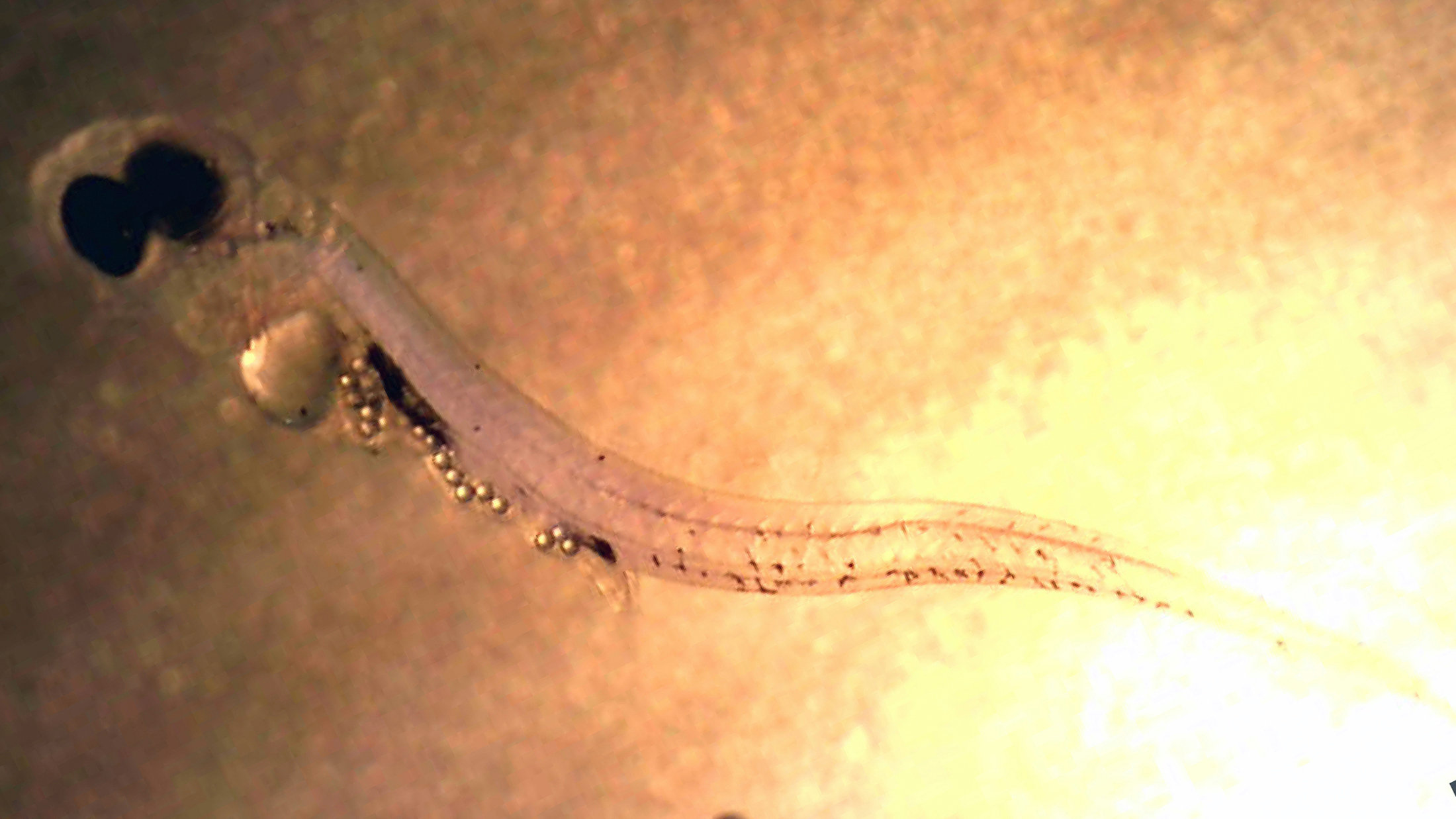Scientists have demonstrated for the first time the devastating physiological and behavioral effects on fish exposed to the tiny bits of plastic pollution clogging the world's oceans.
Lab experiments with European perch larvae showed exposure to microplastic particles at levels present in seas inhibited hatching of fertilized eggs, stunted larval growth, reduced activity levels, and made them more susceptible to predators, increasing mortality rates, researchers said on Thursday.
"For me, the key finding and biggest surprise in this study was the fact that larvae preferentially ate microplastic particles and literally stuffed themselves with the microbeads," ignoring their natural food source of zooplankton, said marine biologist Oona Loennstedt of Uppsala University in Sweden.



